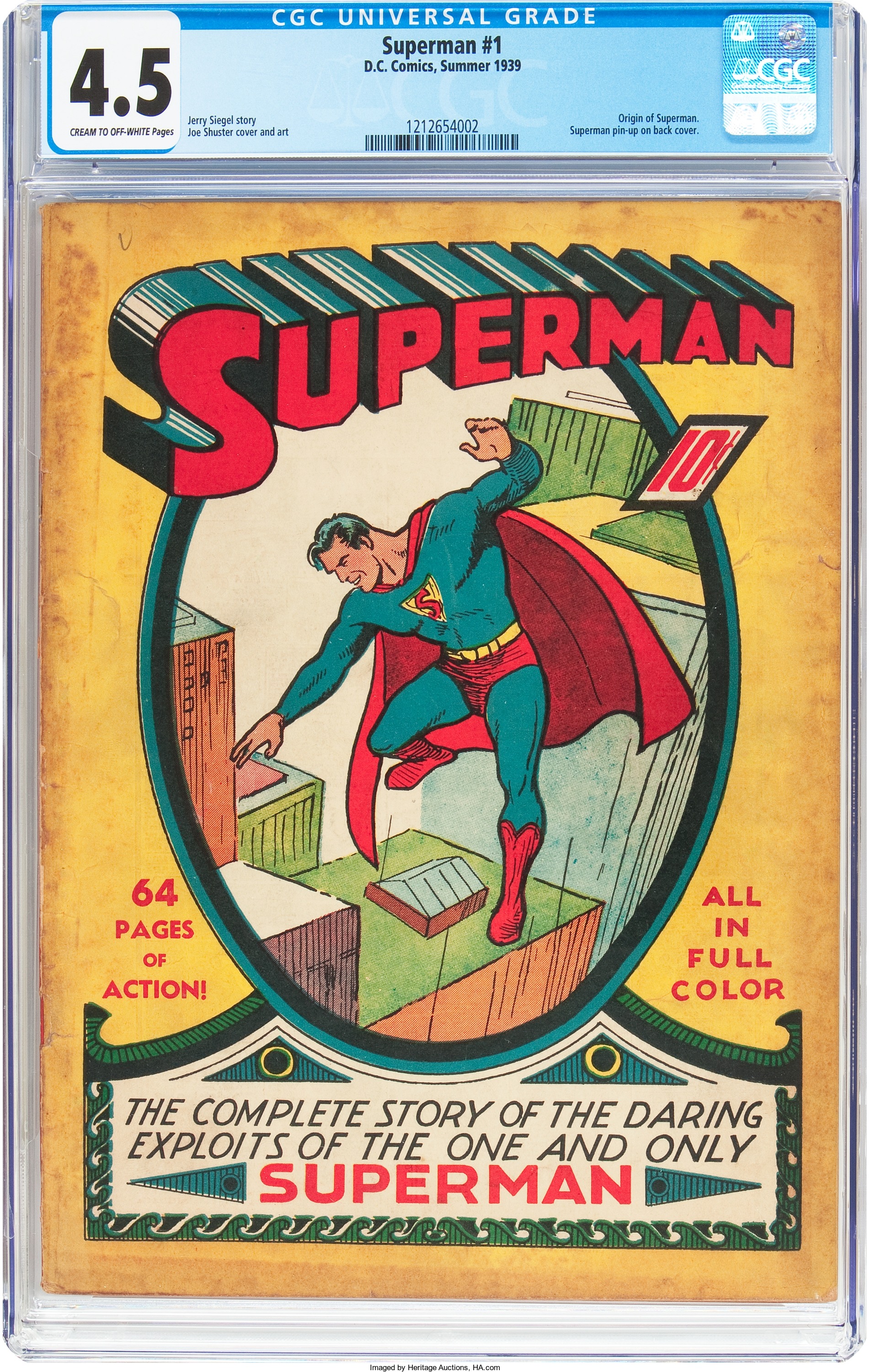
By Jim O’Neal
Popular journalist Tom Brokaw in 1998 wrote a book about Americans who lived through the Great Depression and fought in World War II. Millions of others stayed home to support the war effort. Brokaw wrote, “It is, I believe, the greatest generation any society has ever produced,” and went on to argue they did it because “it was the right thing to do,” as opposed to doing it for fame or fortune.
The Greatest Generation became a bestselling book and a term to describe a large group of people who sacrificed in many ways, ended a war, and then came home, went to college on the G.I. Bill, and helped rebuild the world. They certainly preserved our way of life and redirected the domestic economic engine that provided jobs, automobiles, and new homes to a broad swath of our citizens.
However, it seems clear that few Americans alive in 1939 had a hint of this remarkable outcome. All the polls indicated that most were leery of another entanglement in “foreign” wars. They were still acutely aware of the tremendous suffering and loss of life in the last “war to end all wars” – WWI, an “accidental” war that is still a puzzlement today. Historians struggle to explain how or even why it started and, amazingly, how four major empires – German, Russian, Ottoman, and Austro-Hungarian – were toppled in four short years. Approximately no one would have been able to predict such a remarkable situation.
Besides, by 1939, the United States was still mired in a severe economic depression with 17 percent of the workforce unemployed and the most needy and least organized (domestic workers, sharecroppers, new immigrants, blacks, and unmarried women) unable to reap any of the New Deal benefits. On April 14 of that year, John Steinbeck’s novel The Grapes of Wrath was published and it captured the plight of many by focusing on the economic hardships of tenant farmers driven from their Oklahoma land by drought, the Dust Bowl, and bank foreclosures. The book won the National Book Award, the Pulitzer Prize, and was cited prominently in 1962 when Steinbeck won the Nobel Prize.
My family was among the many “Okies” that escaped to California in quest of the milk and honey (no, we didn’t pick any fruit).
Then on Friday, Sept. 1, Germany invaded Poland and democracy around the world was at risk. Economies were in collapse and suddenly communism and totalitarianism seemed to have appeal. There was even talk about revolution in America. When the great British economist John Maynard Keynes was asked if there had ever been anything like the Great Depression, he said, “Yes. It was called the Dark Ages and it lasted 400 years.”
Fortunately, what would become “The Greatest Generation” was led by the greatest leaders: Franklin Roosevelt and Winston Churchill. As an insurance policy, Superman #1 debuted that summer, just in time. Between the three of them, the world was saved!
Alas, only one of them is still around and all the other superheroes are untested rookies. (Sigh.)
 Intelligent Collector blogger JIM O’NEAL is an avid collector and history buff. He is president and CEO of Frito-Lay International [retired] and earlier served as chair and CEO of PepsiCo Restaurants International [KFC Pizza Hut and Taco Bell].
Intelligent Collector blogger JIM O’NEAL is an avid collector and history buff. He is president and CEO of Frito-Lay International [retired] and earlier served as chair and CEO of PepsiCo Restaurants International [KFC Pizza Hut and Taco Bell].
